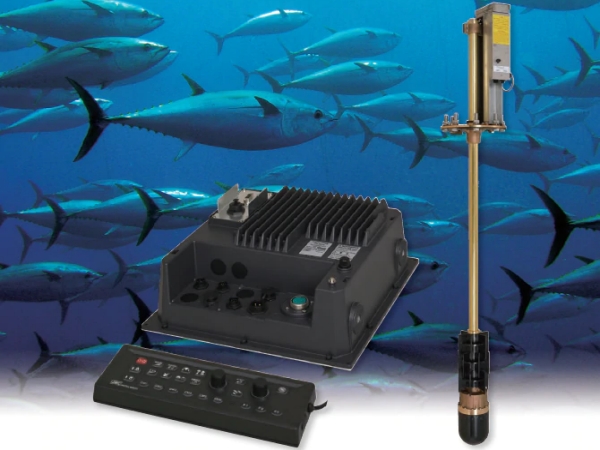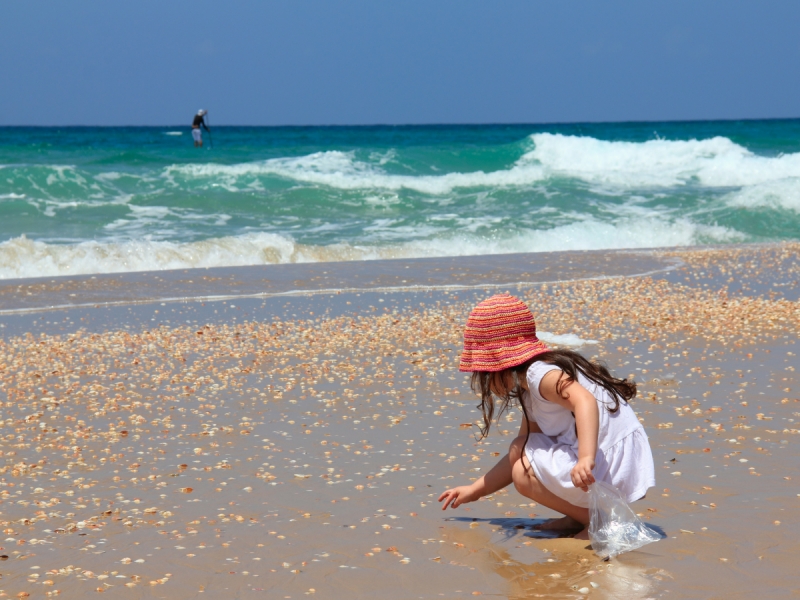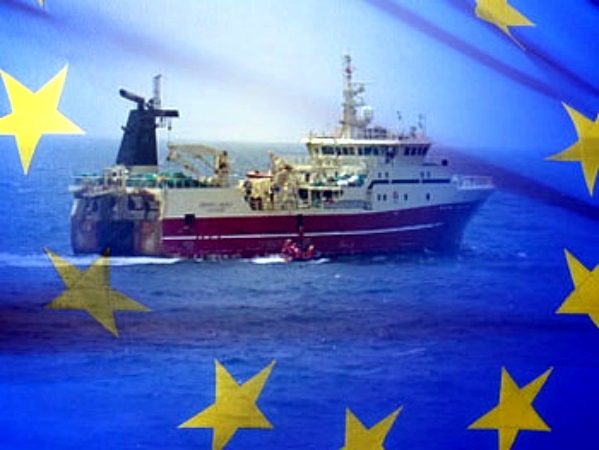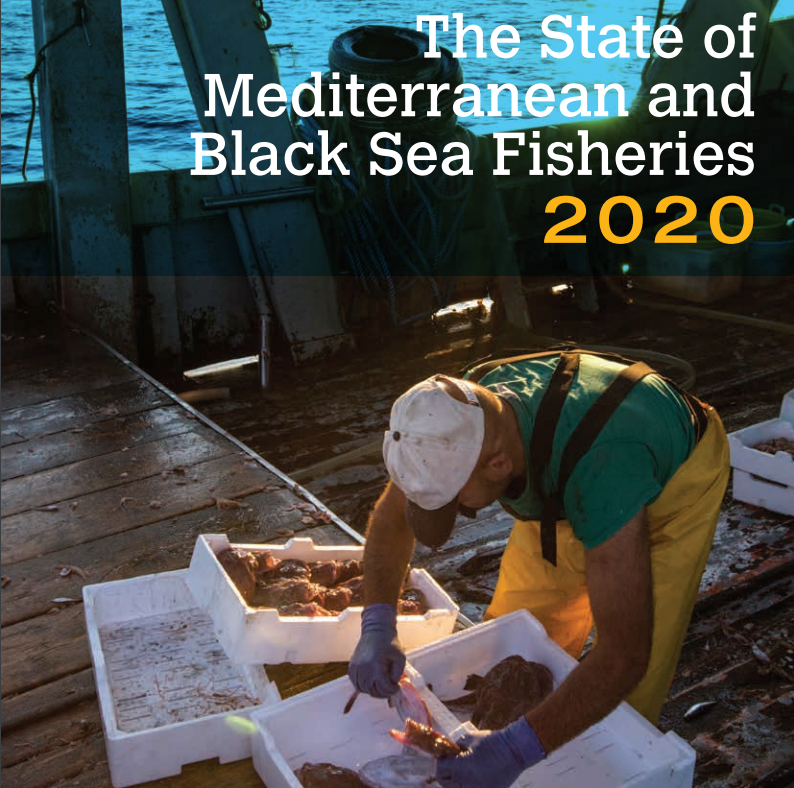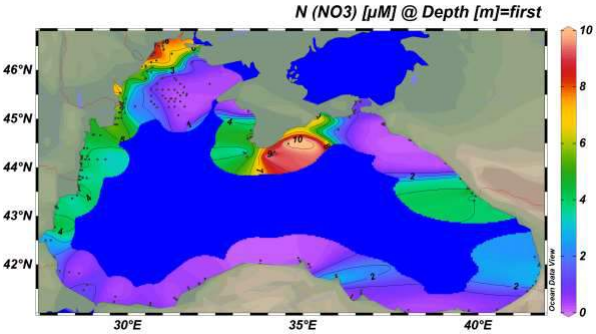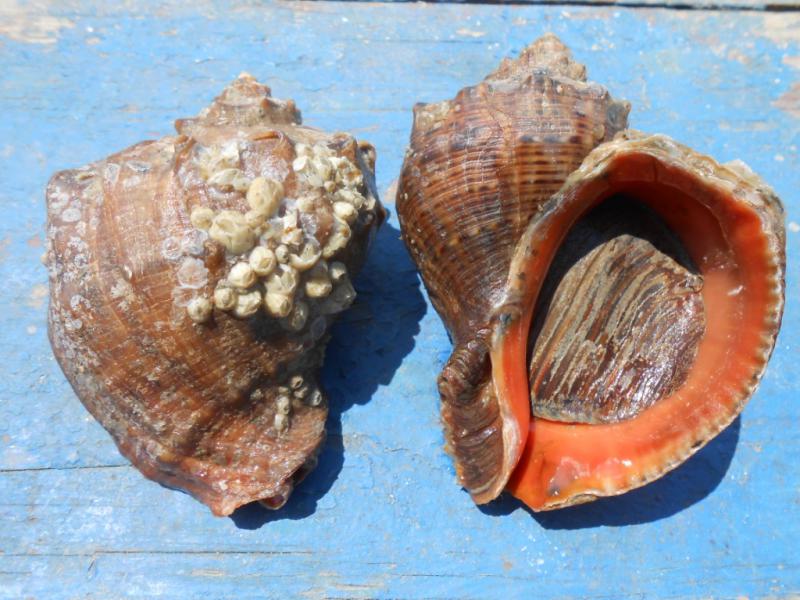
Rapana venosa is a marine snail of the Muricidae family that entered the Black Sea in 1946 and was transported from the western Pacific Ocean by biofouling on ships. In the next decades, Rapana population grew successfully in the Black Sea, thanks to its high fertility and adaptability to fluctuations in salinity and water pollution, as well as to lack of oxygen. The availability of abundant food resources, the lack of competition and local predators contribute to the successful spread of Rapana throughout the Black Sea. In parallel with the spread of the invasive species, there is a drastic decrease in the amounts of local shellfish that serve as food - oysters and mussels.
In the early 1980s, a profitable market for the new species emerged - from the Far East (South Korea, Japan) and China they paid high prices for frozen and processed rapana meat. A period begins of intensive catch of Rapana - first in Turkey, and then in other Black Sea countries. Thus, once originally considered as invasive in the Black Sea, today Rapana is exported and generates multimillion-dollar revenue for coastal countries in the region.
Current assessments reveal that Rapana is over-caught above optimal limits. This situation illustrates the challenges of managing invasive species that have become a resource - to what levels should the biomass of such species be maintained so as to reduce damage to the ecosystem but preserve the possibility of industrial exploitation? Therefore, Bulgaria (IRR - Varna), Georgia, Romania, Turkey and Ukraine are joining their forces to carry out a comprehensive scientific study in the Black Sea, under the leadership of GFCM, within the project "BlackSea4Fish". The study covers over 300 trawls and will present an assessment of the abundance, distribution, size and age structure of the Rapana population in the Black Sea.









